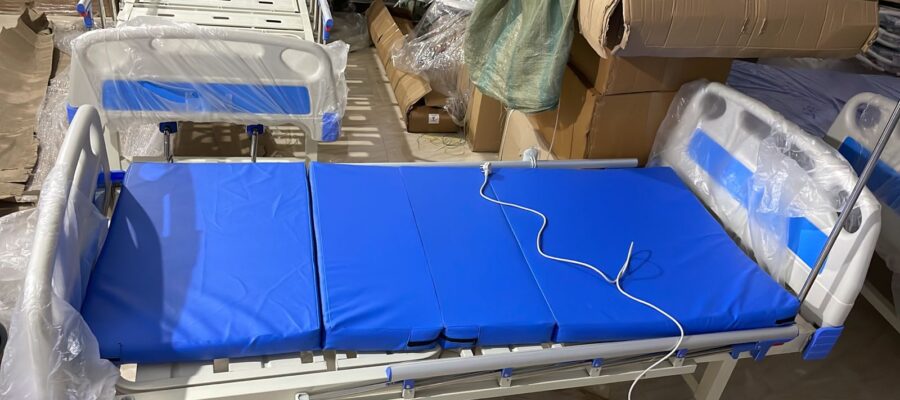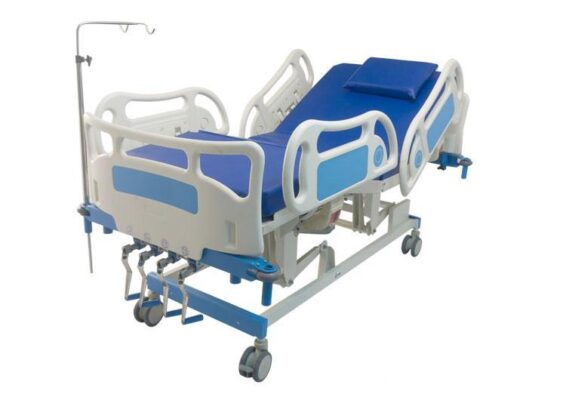Continuity of care deals with quality of care over time. Under continuity of care, the patient and his/her physician-led team of healthcare professionals are cooperatively involved in ongoing healthcare management toward the shared goal of high quality cost-effective medical care.
Thank you for reading this post, don't forget to subscribe!Continuity of care includes care coordination practices wherein a patient’s return to regular life after hospital stays/nursing home stays is made smooth through cooperation between physicians and other medical professionals via exchange & transfer of patient information. Continuity of care may constitute timely transfer of medical information, communication with patient’s family, among other such care coordination practices.
If taken seriously by both patients and medical professionals, continuity of care would result in a better standard of care. Today, clinicians see countless patients everyday. A lot of these patients are new. The said clinicians are expected to quickly acquaint themselves with the patient’s history, build rapport, and move on to address his present woes. Similarly, the patients are also expected to trust the physician simply based on his professional authority.
The above is a very simple example of how sensible it would be for a single physician to be able to provide care for a patient on a long term basis. Various studies, mostly in the field of general care, have been conducted which provide evidence to prove the claim that continuity of care is extremely important.
Key studies in Norway showed that continuous care not only increased patient satisfaction but also allowed the doctor to accumulate knowledge that saved time, influenced their use of lab tests, and affected the patient’s use of medication.
Patient satisfaction & a good patient outcome are not two separate things. Patients under prolonged care of the same physician are known to value their relationship with their doctor more and believe that they have more control over their health. Continuity of care results in reduction in time and more judicious use of investigations like lab tests by the medical examiners. Consultations with children, the elderly, patients with psychosocial problems, and those with chronic diseases benefit immensely from continuity of care.



